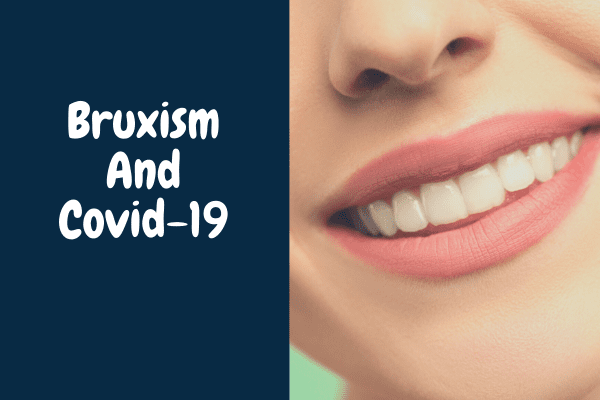Bruxism And COVID-19

What is Bruxism?
Bruxism refers to any clenching or grinding that is not part of normal chewing.
It can cause damage to the teeth and/or jaw joints.
It can occur during the day but most commonly occurs whilst someone is asleep.
At Clarinda Clinic we have seen an increase in patients presenting with symptoms and signs of bruxism. This appears linked to the increased stress and anxiety associated with Covid-19.
These may include financial and employment changes, changes in social and family interactions and general limitations imposed by Melbourne’s lockdown.
Symptoms and signs of Bruxism. These may include:
- Tooth pain – temperature sensitivity (hot and cold) and chewing discomfort.
- Flattened and worn teeth.
- Broken and chipped teeth.
- Loose teeth.
- Facial pain, headaches and earache.
- Stiff and painful jaw joints.
Diagnosis of Bruxism
The diagnosis of Bruxism will commence with collection of a thorough medical and dental history.
The clinical examination will include assessment of the jaw joints (temporo-mandibular joints or TMJ).
Additionally the dentist may require radiographs (X-rays), diagnostic models and completion of a pain questionnaire.
Treatment of Bruxism
The management of bruxism will usually include repair of any damaged teeth and therapy to reduce the damage caused by grinding.
This therapy may involve provision of an occlusal splint (night guard), the prescription of pain relief medication and/or muscle relaxants.
An occlusal splint is a custom fitted acrylic guard which is worn over the teeth. It is most commonly constructed for the upper teeth.
It acts to protect the teeth by preventing direct contact between the upper and lower teeth. Certain designs of splint can also allow the jaw muscles to relax as they are unable to reach their maximum clenching power.
The specific splint design will be determined by the dentist dependent on your symptoms, signs and dental anatomy.
If you are experiencing any of the symptoms of Bruxism, contact the team at Clarinda Clinic on 9551 4599 for assistance.
